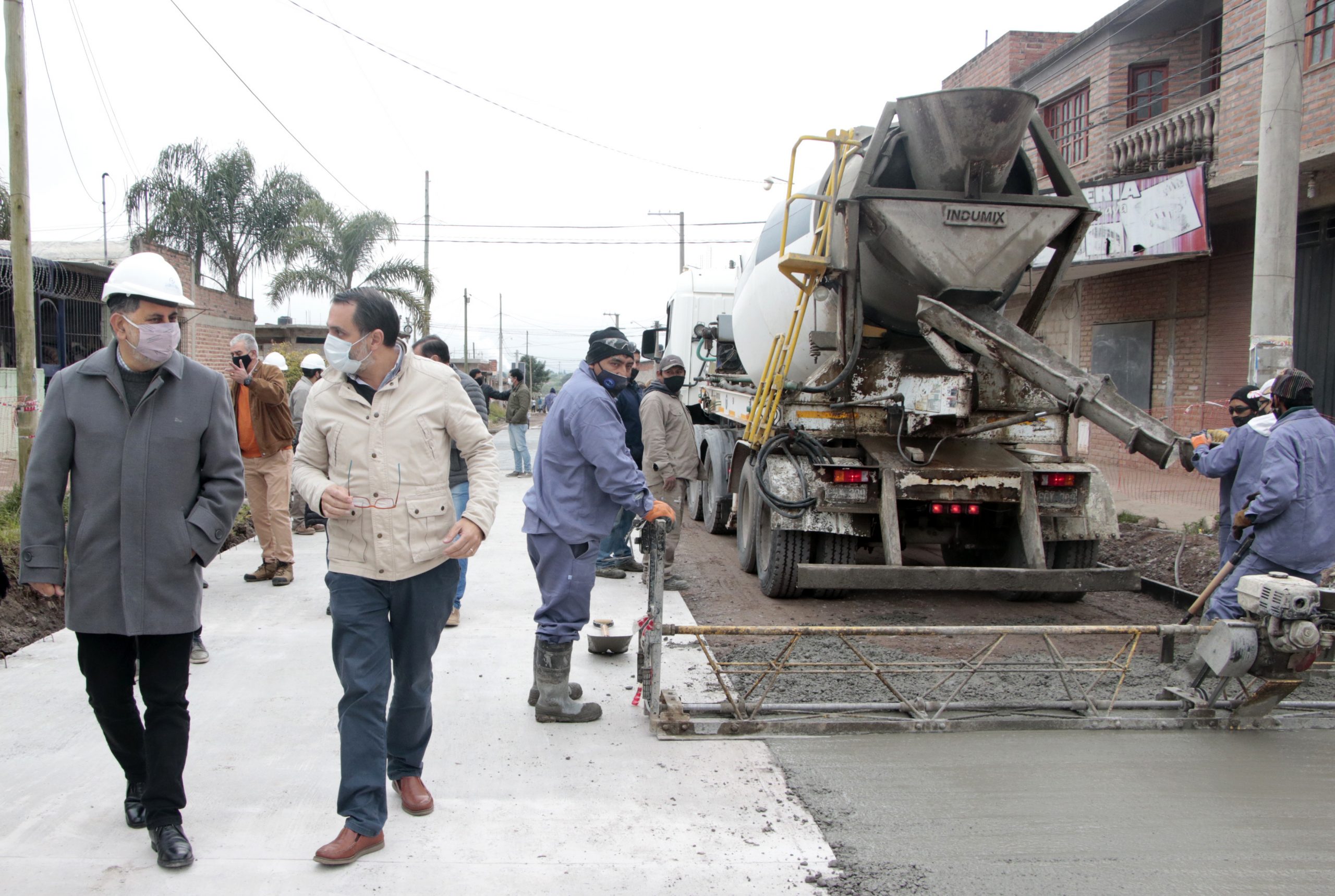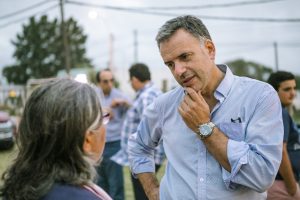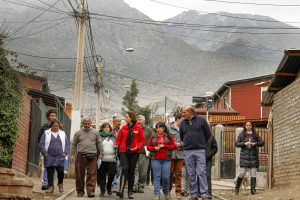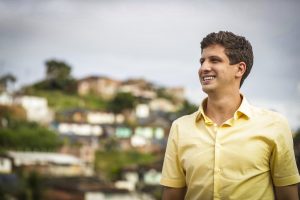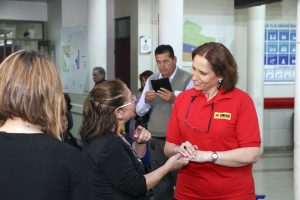This article is part of AQ’s special report on Latin American mayors.
BUENOS AIRES – Nestled in a fertile valley at the confluence of the Río Grande and the Xibi Xibi River, and more than 0.75 miles (1,200 meters) above sea level, San Salvador de Jujuy boasts a postcard view of soaring mountains and lush forests. And unlike Buenos Aires, known for its Parisian-style architecture, the capital of Jujuy province is unmistakably Andean, both socially and culturally.
“More than any other Argentine city, San Salvador de Jujuy represents a symbiosis of the different cultures present in the country, from European to Syrian to Andean,” Mayor Raúl Jorge, 62, told AQ. “Growing up here allowed me to recognize from a very young age the importance of inclusion and diversity.”
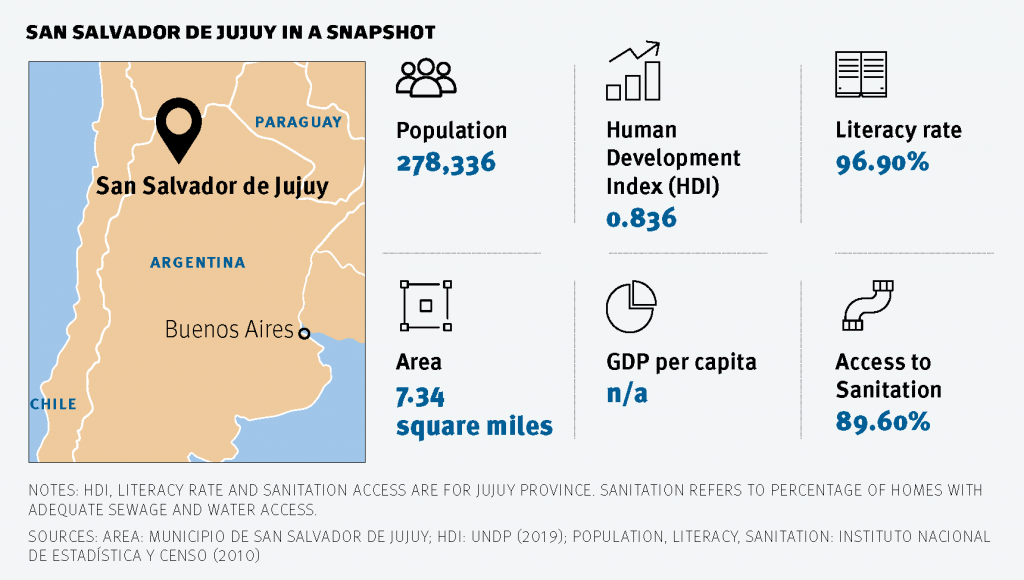
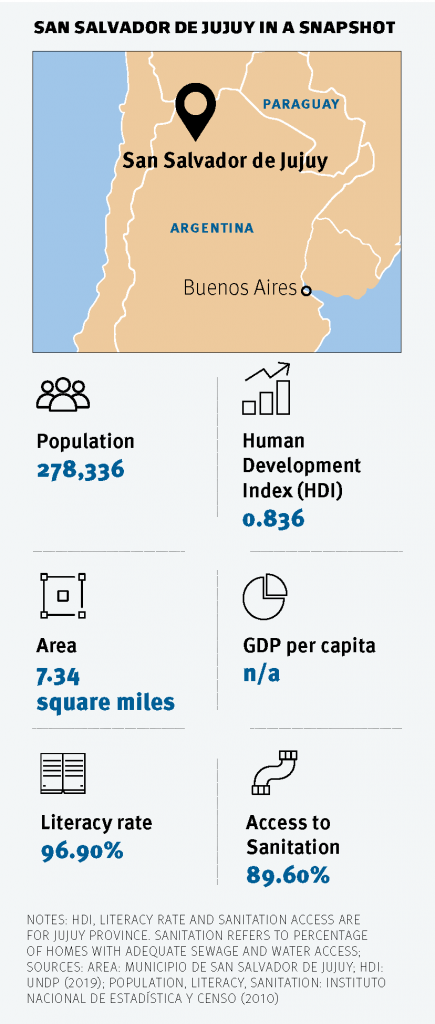
Born in San Salvador de Jujuy to a working-class family, Jorge, who everyone calls by his childhood nickname, Chuli, studied architecture at the National University of Córdoba, where he developed a passion for urban planning. “We had to design a plan for Córdoba,” he said. “We designed pedestrian areas and recycled old buildings to give them new functions. That experience really marked my professional career.”
The country was under the 1976-1983 military dictatorship when Jorge, in his last year of college, attended a clandestine meeting where he met Raúl Alfonsín, a lawyer who went on to become Argentina’s first democratically elected president after the dictatorship.
“Alfonsín was traveling the country, giving talks in favor of democracy,” Jorge said. “His social-democratic discourse captivated me.” He and his wife moved back to San Salvador de Jujuy and became active in politics.
Jorge joined Alfonsín’s Radical Civic Union — a centrist social-liberal party that is now part of the political coalition led by former President Mauricio Macri — and served for more than a decade as municipal secretary of public works and later as a councilman. He was first elected mayor in 2007, but he won that municipal election by a mere 444 votes. This led to a months-long legal fight that went all the way to Argentina’s Supreme Court, which ruled in Jorge’s favor. Jorge won his next three terms without a glitch, despite the fact that his party has been in opposition to the national government in 10 out of his 14 years as mayor.
Jorge attributes his longevity in office to being able to deliver on key infrastructure projects. “We had to negotiate every single project that we wanted to carry out,” he said. “My experience as a councilman really helped.”
Central to these projects is the expansion of green spaces, which include a linear park created along the banks of the Xibi Xibi.
“This city barely had any public spaces for people to meet up, and I wanted to change that,” Jorge said. “We started by widening the sidewalks in the historic city center, and then we designed two big parks for people to gather, exercise and enjoy the vegetation native to this area.”
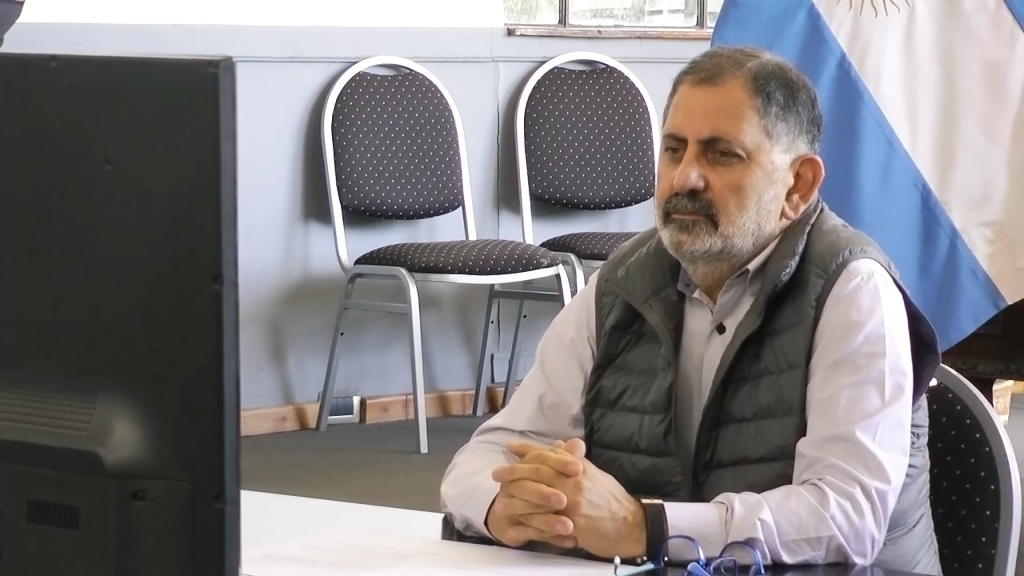
“This city barely had any public spaces for people to meet up, and I wanted to change that.”
The park expansion increased green space in the city from three to eight square meters per capita. Still, university students and environmental groups at first opposed the construction of Xibi Xibi Park, alleging it would divert the river’s natural course and destroy biodiversity. City Hall pushed through resistance to the project, but did present a detailed environmental impact study — and now even the university holds events at the river park.
Another of Jorge’s signature policies was the decentralization of municipal decision-making. Inspired by the revival of Medellín in Colombia, the government built 22 Centros de Participación Vecinal (Centers of Neighborhood Participation) across San Salvador de Jujuy. The centers serve as administrative hubs, host government-organized training workshops and recreational activities, and provide assistance to gender violence victims. Lately, they have also played a key role in managing the COVID-19 pandemic.
“All of the centers have an area dedicated to public health and primary care. This allowed us to quickly assist and isolate people who had contracted COVID-19 and do proper contact tracing,” explained Jorge. The centers all have Wi-Fi, which has helped many students attending remote classes during the pandemic, especially in neighborhoods where families lack good Internet access.
Jorge has yet to say whether he will run again in the 2022 elections. But he is drawing up an ambitious plan for the San Salvador de Jujuy he envisions for 2050, with new infrastructure projects and a municipal botanical park to protect one of the city’s native forests. It also promises to transform San Salvador de Jujuy into a “15-minute city,” the urbanist’s dream city where all residents can meet most of their daily needs within a short walk or bicycle ride from home.
“Cities that aren’t planned are cities that aren’t sustainable—economically or environmentally,” Jorge said. “I think we mayors, more than anyone else, have a huge responsibility and the potential to transform cities and make them better places for the people who live in them.”
__
He is a reporter for RED/ACCIÓN based in Buenos Aires. Follow her on Twitter at @LuciaWeiHe

